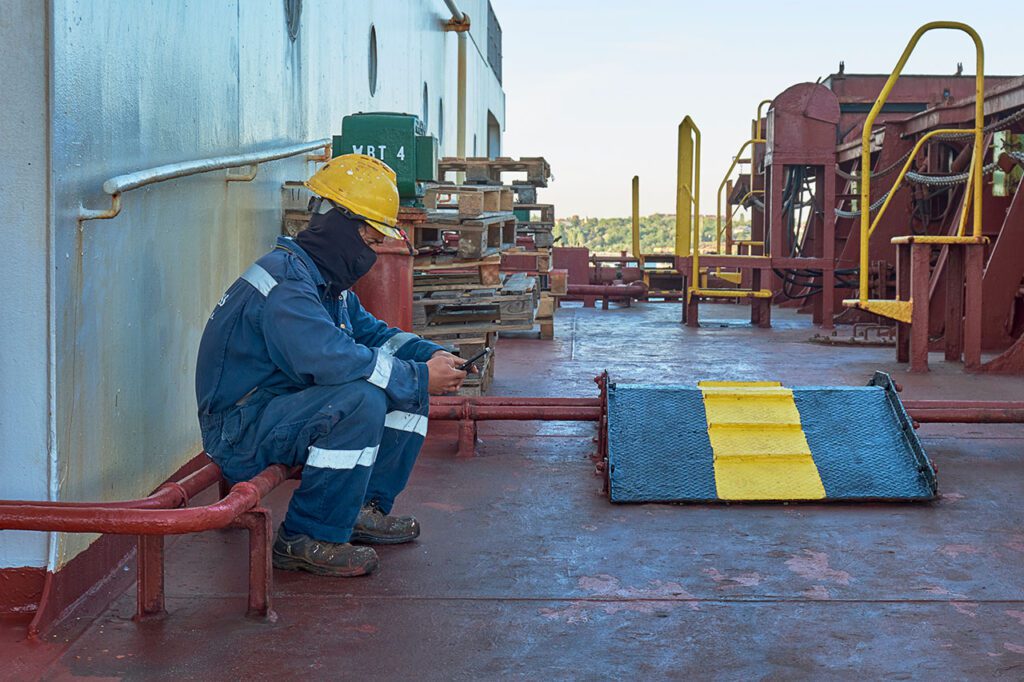A seafarer messages home as his ship is in port and internet access is available.
Introduction
The accuracy of the old saying, ‘a happy ship is a safe ship’ has not yet been proved conclusively. But real life experience is that a secure, well fed, properly rested, and ‘focused on their jobs’ crew will always perform better in terms of both safety and productivity. This Risk Bulletin reviews the importance of the Martime Labour Convention (MLC) and its role in helping MM Members attain the ‘happy ship’ goal.
Background
Seafaring has long been a hazardous and stressful occupation. But ships and shipping have changed dramatically over the decades and today’s ships present fewer and/or better controlled physical hazards to crew. However, unacceptable seafarer mental stresses remain in the form of social isolation, separation from families, fatigue due to increasingly smaller crews, long service periods, little or no shore leave, bullying and harassment, and often little or no job security.
NOTE: The rather shocking outcome of the above seafarer mental stresses is the apparently high level of shipboard suicides. The Human Rights at Sea website refers to the International Maritime Health Journal as assessing this as being 5.9% (as proved) and up to 18.3% (if suspected suicides are included) of all deaths at sea.
The MLC 2006 (in force since 2013) provides minimum standards and guidance on seafarer welfare, inclusive of health and well-being, improvement. To date, the MLC has been ratified by a total of 104 of 175 IMO members. It is also updated by an ILO/IMO/Industry tripartite committee on a regular basis to keep pace with developments in seafarer social and medical needs and rising shore based society expectations.
All of this is critical stuff in a world where shipowners are now faced with increasing officer and crew shortages and is further discussed below.
MLC Purpose, Application and Full Text Sources
Purpose of the MLC is stated at Art. IV which secures that “Every Seafarer has a right to decent working and living conditions…” inclusive of:
- … a safe and secure workplace that complies with safety standards.
- … fair terms of employment.
- … decent working and living conditions on board.
- … health protection, medical care, welfare measures and other forms of social protection.
And Art V requires that:
“Each [IMO] Member shall implement and enforce laws or regulations or other measures it has adopted to fulfil its commitments under this Convention [inclusive of both Flag State and Port State inspection] …”.
Application of the MLC is provided by Art II, para 2., to “all seafarers” and by para. 4. “…to all ships … ordinarily engaged in commercial activities, other than ships engaged in fishing or in similar pursuits and ships of traditional build such as dhows and junks.”
NOTE 1: As this above “to all ships” application is a very wide, para. 5. provides an entitlement for determination by “… the competent authority in each Member after consultation with the shipowners’ and seafarers’ organizations concerned.” However, para 6. only permits such determination if the vessel is under 200 GT and is not trading in international waters.
NOTE 2: Members who may be in any doubt as to whether their vessels and crews are subject to MLC regulation should confer directly with their flag state authority and/ or recognised organisation (RO) for advice. However, it is clear that vessels of 500 GT or more which trade internationally require MLC certification.
Full Textof the MLC, with amendments to 2018, is available on the ILO website together with the text of the MLC amendments of 2022 (coming into force in Dec 2024). Alternatively, the ICS sponsored publication, Guidelines on the Application of the ILO MLC, 4th Ed. (which incorporates the 2022 amendments) is available from chart agents at a cost of about GBP 150.00.
NOTE: The MLC 2022 amendments include a clear obligation on shipowners to provide, “so far as is reasonably practical”, internet access to crew members, “with charges, if any, being reasonable in amount”. This appears to infer that crew should preferably not be charged for internet access.
Overview of MLC Content
The MLC comprises three separate but related parts: the Articles, the Regulations, and the Code. The Articles and Regulations set out the core rights, principles and basic obligations of IMO Members ratifying the Convention. The Code contains the details for the implementation of the Regulations. It consists of the MLC Regulation, the mandatory Standard A, and the non-mandatory Guideline B.
NOTE: The MLC provides a significant degree of flexibility to IMO Members (as both flag and port states) with respect to implementation. This permits a significant degree of discretion at national level. MM Members should therefore carefully check the MLC legislation of the flag state registers of their vessels and be aware that Port State Control (PSC) authorities at ports of call may modify MLC requirements and the level of MLC enforcement in their jurisdiction.
The MLC Regulations and Code are the parts of principal interest to shipowners and their crews. They are organized under five Titles as listed below. Each Title sets out the numbered Regulations, the Standard A and the Guideline B which detail and assist implementation of the Regulations.
Title 1: Minimum requirements for seafarers to work on a ship.
Requires medical examination and certification to ensure seafarer health before joining to WHO and STCW standards. Recruitment requirements are also specified, inclusive of the prohibition of any fee to be paid by the seafarer.
Title 2: Conditions of employment.
Requires Seafarer Employment Agreements to be fair, legally enforceable and in compliance with MLC Code Standards. The monthly payment of wages, hours of work and rest, leave and repatriation entitlements, and compensation in the event of loss of the vessel must also be stated. Further, Reg 2.5.2 Financial Security, requires flag states to require registered vessels to carry on board a certificate of financial security (usually a P&I Club MLC Certificate ) which covers seafarer outstanding wages up to four months, reasonable repatriation costs, and expenses arising from an owner’s act of crew abandonment.
Title 3: Accommodation, recreational facilities, food, and catering.
Requires that every crew member has their own cabin, which is to be of a specified minimum size, properly heated/air-conditioned and insulated so that noise and vibration reduction are compliant with ILO regulation. Recreational requirements in terms of dedicated spaces and equipment must also be provided, inclusive of ‘as practicable’ internet access. Ship’s cooks must be trained and certificated and food and water of good quality.
Title 4: Health protection, medical care, welfare, and social security protection.
Requires that seafarers have access to prompt and adequate medical care whilst working on board and this be at no cost. A fully stocked medicine chest, equipment and medical guide must also be carried, ship’s crew must be provided with medical training and 24 hour satellite access to medical advice must be pre-arranged.
NOTE: MM Members should note it is common for ships to be provided with the International Medical Guide for Ships (IMGS) 2007 Ed. The Medicine Chest will usually be stocked according to this publication’s recommendations The IMO and ILO have expressed concerns that the IMGS requires urgent updating. MM Members are alerted to the availability of the Mariners Medico Guide App recently created by a team of specialist maritime service doctors. The App can be downloaded so that it provides medical advice even if not connected to the internet. It updates the IMGS and, very importantly, its Medicine Chest contents list. The App also provides a list of free maritime medical emergency advice services located around the world.
Title 5: Compliance and Enforcement
This includes the obligations of Flag States to conduct MLC compliance inspections and to issue an MLC Compliance Certificate as appropriate for not more than 5 years with one intermediate re-validation required. The application of the MLC is as noted above. In addition, PSC are authorised to conduct MLC compliance checks as a part of IMO Convention compliance inspection and enforcement attendances.
Is the MLC Working?
The effectiveness of the MLC has been the subject of numerous articles. Most observe that the MLC has improved seafarer rights, working conditions and welfare to a significant degree.
Another indicator of MLC success is provided by the well-known and respected charity, Missions to Seafarers which carries out quarterly seafarer satisfaction polls and publishes this information as the Seafarers Happiness Index (SHI).
The latest SHI for Q/2 of 2023 shows the index is 6.77 out of 10, which represents a significant drop from 7.1 out of 10 in Q/1 and well down from the recorded high of 7.69 of 10 in the post pandemic Q/4 of 2022.
The latest SHI report, based on seafarer confidential responses to a 10 point questionnaire, provides interesting and sometimes disturbing reading. It includes advice that some seafarers are still not being allowed to take shore leave, that food and drinking water supplies can be inadequate and scheduled vacation reliefs are still seriously delayed. Complaints are also made about excessive workloads with long hours of work far exceeding MLC limits and hours of rest well below MLC minimums. Finally, insufficient internet connectivity and high charges when compared to often low crew wages is an on-going problem and source of anxiety.
NOTE: Yes, the 2022 amendments to the MLC have amplified recognition of the internet connectivity problem but, as an observation, the terms set for the provision of low cost internet connectivity for seafarers are still not definitive.
In summary, the SHI indications are that the MLC alone without the full commitment of the shipowner and managers cannot deliver a ‘happy ship’.
Conclusion and Takeaway
The MLC has no doubt improved the working conditions of seafarers by ensuring the provision of clear terms of employment, wages, and associated benefits, inclusive of financial security arrangements to minimise the incidence and impacts of seafarer abandonment. However, in relation to seafarer welfare, the fact that a vessel carries a flag state MLC certificate does not in itself provide evidence of a ‘happy ship’ with a secure, safety conscious, and highly productive crew.
As indicated by the SHI quarterly reports, the key to ‘happy ship’ success lies with the full commitment and leadership of all stakeholders in implementing the MLC and its full range of seafarer welfare entitlements. MM Members are therefore encouraged to review their own and ship/crew manager policies to ensure positive and active MLC incorporation into crew recruitment, crew management (both ashore and on board), and crew retention processes.
MM Members are also encouraged to consider and implement the following MM recommendations as a ‘happy ship’ investment in seafarer welfare, suicide prevention and shipboard productivity:
- As a priority measure, alert your ship/crew managers, DPA and shipmasters to the availability of the up to date medical advice on the Mariners Medico Guide App as described above.
- Subscribe to the Seafarer Happiness Index (SHI) website to receive free quarterly updates and ensure distribution to your ship/crew managers, your DPA and your shipmasters with an invitation for them to discuss the SHI results and their own findings within your fleet and report back.
- Create and action helpful and realistic solutions to the Seafarer Happiness concerns identified in your fleet. For example, are crew concerned about current internet access? If so, what can be done now to resolve this on-going problem at reasonable cost? Your investment will likely provide a positive ‘happy ship’ return as well as a critical improvement in navigational safety (see Risk Bulletin No 74, WAKASHIO phone signal search grounding).
- Raise awareness within your company and your fleet of the increasing problem of seafarer mental/emotional health and the ways in which shipmasters and crew can spot problems at early stages and take personal and informed action. An excellent source of seafarer mental health information – including guidebooks, posters, and podcasts – is available on the (ISWAN) Seafarer Health website.
- Alert your shipmasters and all crew of the counselling services provided on the SeafarerHelp website (also ISWAN operated) which provides 24 hour access to phone and e-mail help lines for both seafarers and their families in times of crises. This website also provides a list of Seafarer Centres located around the world which can assist and counsel seafarers during port visits, by phone and by e-mail.


